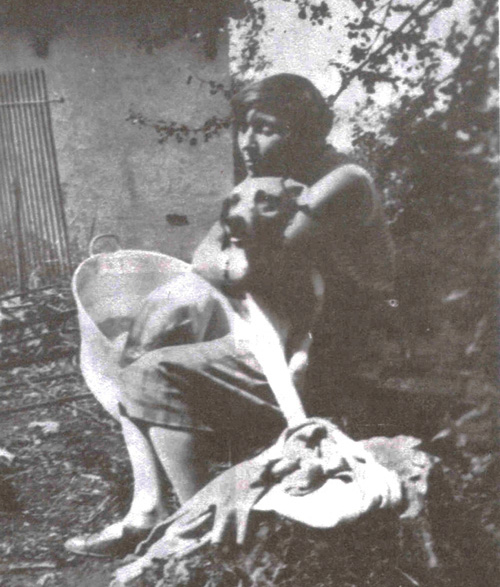Translation is Treason

Our annual translation issue returns this month with poems that span several centuries and continents. The oldest poem in the issue, from the thirteenth century, appears in a portfolio from Peter Cole’s recently released book, The Poetry of Kabbalah:
The Nut Garden holds things felt and thought
And feeling for thought is always a palace –Sinai with flames of fire about it,
Burning though never by fire devoured.(From “The Nut Garden” by Yosef Gikatilla)
In Kabbalistic verse, Cole asserts, "the stakes couldn’t be higher: extraction of light from the container of sound; ascent to the Throne of God and direct vision of His Glory; the eradication of coarseness and the forces of darkness; a path to redemption, sometimes through sin; the achievement of erotic union on high." To hear Cole and the editors discuss these fascinating translations, tune in to our latest podcast.
The podcast also includes a conversation with Jean Valentine, who, with Ilya Kaminsky, has been translating the work of Marina Tsvetaeva for the past two years. A portfolio of Tsvetaeva’s poems appear in the issue, accompanied by quotes from her journals and other prose:
My difficulty (in writing poems—and perhaps other people’s difficulty in understanding them) is in the impossibility of my goal, for example, to use words to express a moan: nnh-nnh-nnh. To express a sound using words, using meanings. So that the only thing left in the ears would be nnh-nnh-nnh.
The March issue also features the work of several contemporary poets, including Paolo Febbraro, Eugene Dubnov, and Alain Borer. Borer’s “Sleep Log,” translated by Mark Irwin, is printed as white text on black pages, heightening "the hallucinatory effect of a speaker both in mid-voyage and mid-text,” writes Irwin. Delirious in the bowels of the ship, the voyager speaks in aphoristic fragments that comment on the kind of isolation that poetry contends with:

(To get the full effect, download the PDF.)
Translation takes many forms in this issue, as demonstrated by a version of Quevedo that John Matthais calls “more of a trespass than a translation”—and a poem Geoffrey Brock composed from “imitations” of poems by Rimbaud, Rilke, and Seferis:
How passionate our life,
how full of sex and song,
spirit and heart—how wrong!
And so we changed our life.
“By reading other translations,” explains Brock, “some of which I liked but none of which I loved, I came to love, or imagine that I loved, the original whose contours I glimpsed through the veils of translation.”
Also, click here to see this month's new Pegasus, designed by Michael Bierut, and to read more poems by Jorge Luis Borges, Gottfried Benn, A.E. Housman (translated from the Latin!), Edith Södergran, Roberto Sosa, and many others. Let us know what you think by writing to us at editors[at]poetryfoundation.org.


